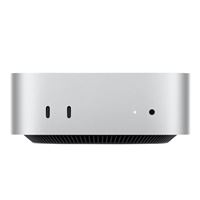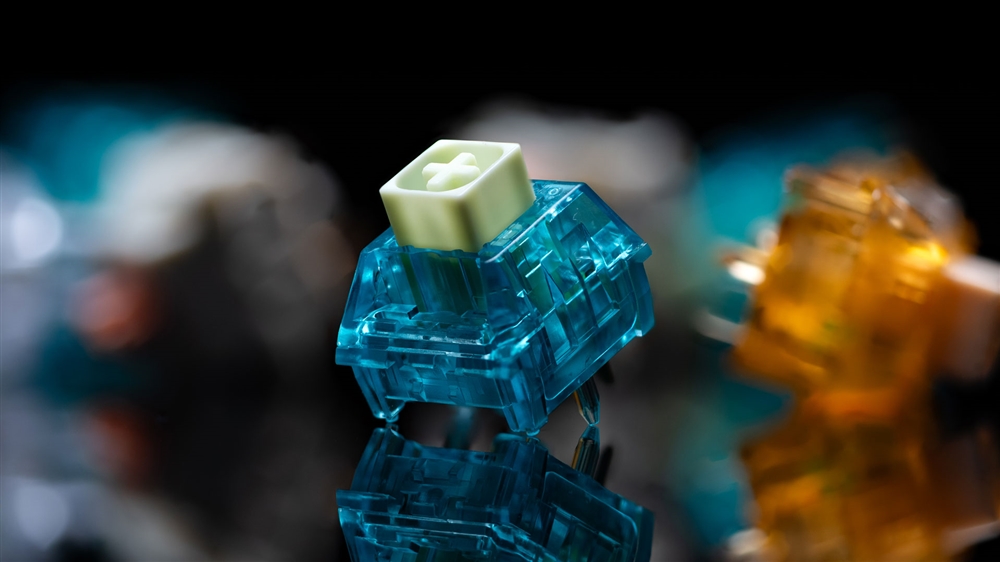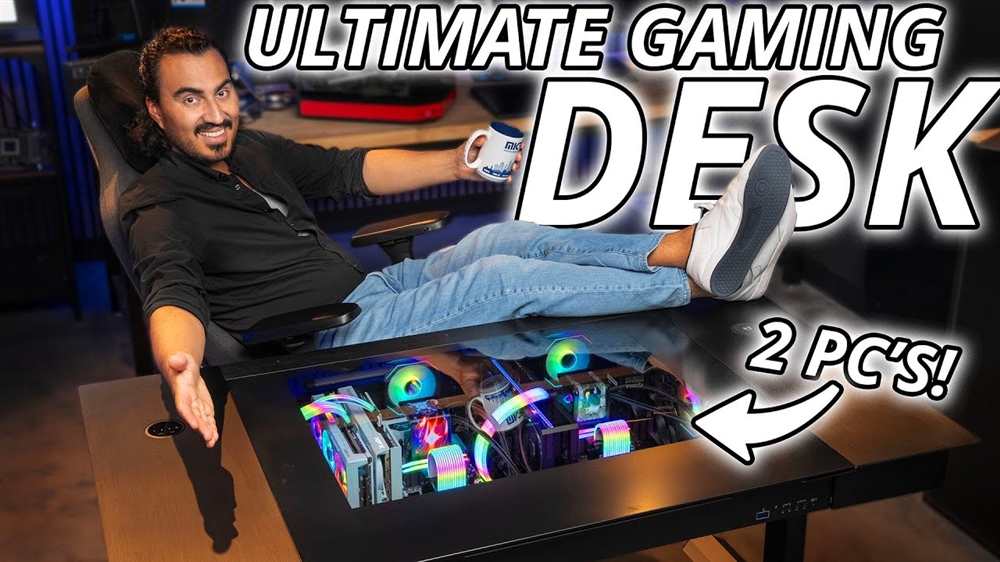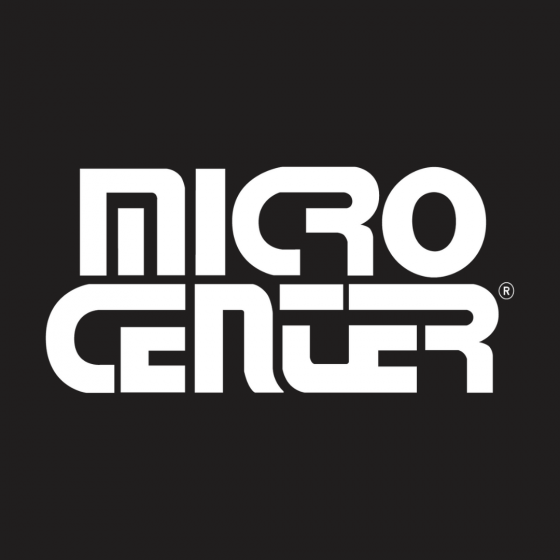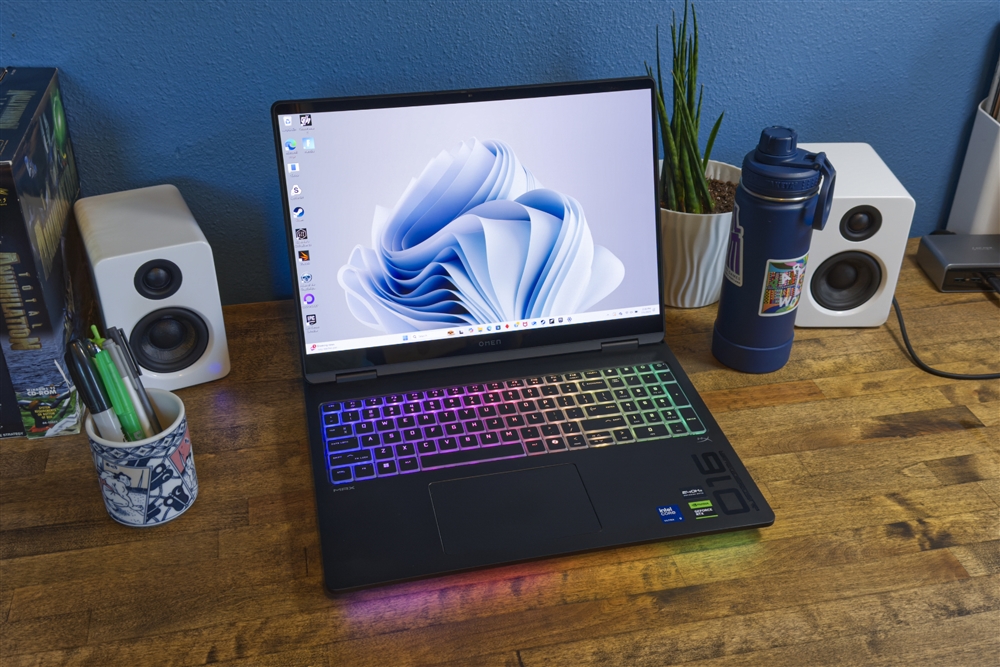This Week in AI: Sora Makes AI Videos, Google Announces Android XR For Your Face
For Dec. 13, 2024: OpenAI's Sora arrives imperfectly, Apple's ChatGPT integration goes live, breast cancer detection improves with AINews
Google wants to put a new gadget on your face.
The internet giant announced a new initiative to rival Apple's VisionOS headset platform that uses goggles outfitted with cameras, software and screens to overlay computer information on images of the real world. Google's competing program is called Android XR, and the company partnered with Samsung to create a new device called Project Moohan.
 Photo: Generated by Dall-E
Photo: Generated by Dall-E The test device, which some journalists said they got to use in a controlled demonstration, used Google's Gemini AI to remember objects they had looked at, such as the title a reporter from the Verge had walked past. Google also added AI capabilities to automatically translate people speaking in other languages and real-time mapping directions.
Google said it's working with hardware makers like Samsung to bring actual devices to market. When that will be, or how much they'll cost when they hit store shelves, are still an open question.
Another question Google will likely have to answer is how devoted to the Android XR project it is. Google is routinely criticized for announcing flashy new projects, only to abandon them later.
Whatever future Android XR has, Google will need to choose whether to stay for the long haul. Apple's $3,500 Vision Pro has struggled to find wider success after its launch earlier this year. Industry watchers, who broadly praise its refined hardware and software design, largely seem to agree that Apple's Vision Pro is struggling due it high price tag and lacking library of apps when compared to Meta's Quest headsets. There's also the unanswered question of whether people are ultimately want or are willing to regularly wear a computer on their face.
Gemini Upgraded
Alongside Google's Android XR, it also announced upgrades for its Gemini service for app developers. The new service, called 2.0 Flash, will allow developers to use Gemini to create text, generate and adjust images, and create audio, among other things.
Google said the new service will also be able to tap into partner applications and Google Search.
As with many of Google's new AI projects, Gemini 2.0 Flash is being available to a small group of testers at first. The company said it intends to integrate 2.0 Flash into its development tools for Android-powered phones, Chrome web browsers and others in "the coming months," according to TechCrunch.
OpenAI's Sora lands, and raises questions
OpenAI made its Sora video generation tools available to paying subscribers this week, and one reviewer in particular is in the spotlight. YouTuber Marques Brownlee got the scoop-review, talking about how the technology produced near-lifelike videos of landscapes, but struggles with more complex ideas.
One example he gave was a video Sora made emulating a YouTube-like tech reviewer. In some instances, the reviewer was holding a phone, only for it to disappear as the scene continued.
ChatGPT is now built into some Apple devices
Apple released its latest software for iPhones, iPads, and Mac computers, offering users access to new AI capabilities, including OpenAI's ChatGPT for some tasks, such as writing tools. Apple announced its planned ChatGPT integration earlier this year, promising users free access to the hit AI service alongside Apple's suite of new writing and image tools called Apple Intelligence.
Though Apple's initial AI partnership is with OpenAI, the company said it intends to integrate more AI technology providers in the future.
Another study shows AI helps detect breast cancer
We've already heard that AI can help detect breast cancer, with some studies showing that an AI working with a doctor is more effective than either on their own. Now a new study reaffirmed how effective an AI can be.
As TechCrunch reported, an AI firm called DeepHealth presented findings of a study that followed more than half a million women who underwent mammography screening over a 12-month period. "Overall cancer detection rates were 43% higher for those enrolled in the program compared to those who weren’t," TechCrunch wrote, though some self-selection of high-risk patients may have impacted the study's data.
Still, it's another example of how AI is helping doctors to potentially save more lives.
Read more: AI Tools and Tips
- What is Meta AI? A Capable Chatbot That’s 100% Free
- Hands-on with ChatGPT o1-preview, OpenAI's Latest Innovation
- How to Get Started with Copilot for Microsoft 365
- Getting started with LM Studio: A Beginner's Guide
- Meet Claude, the Best AI You've Never Heard of
- How to Get NVIDIA Chat with RTX: Local AI for Everyone
Ian Sherr is a widely published journalist who's covered nearly every major tech company from Apple to Netflix, Facebook, Google, Microsoft, and more for CBS News, The Wall Street Journal, Reuters, and CNET. Aside from writing, he tinkers with tech at home, is a longtime fencer -- the kind with swords -- and began woodworking during the pandemic.





